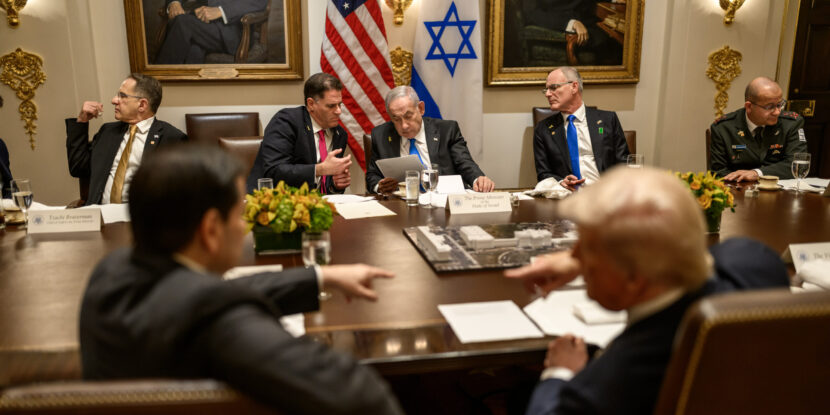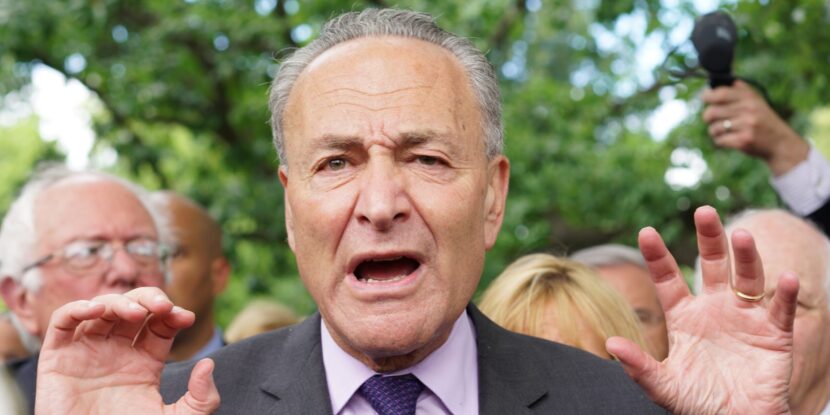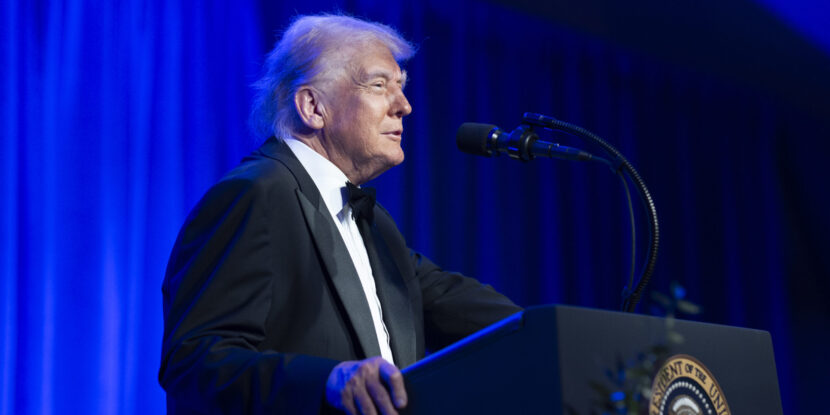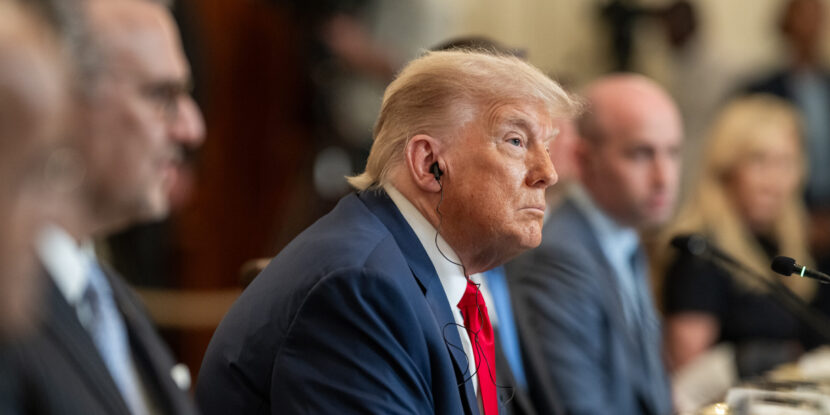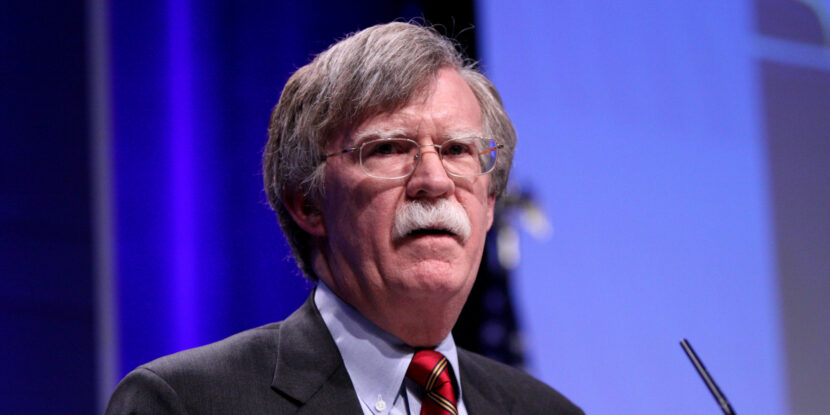❓WHAT HAPPENED: Israel and Hamas agreed to a ceasefire and hostage deal, prompting the White House to shift focus to expanding the Abraham Accords.
👤WHO WAS INVOLVED: The former Biden government, Trump administration officials, Israel, Hamas, and various Arab states.
📍WHEN & WHERE: The Israel-Hamas ceasefire was signed earlier this week, and discussions on expanding the Abraham Accords are ongoing across the Middle East.
💬KEY QUOTE: “Hopefully this will lead to much better sentiment and the opportunity to expand the Abraham Accords — to really just change the tone in the region.” – Senior administration official
🎯IMPACT: The agreement may pave the way for further normalization between Israel and other Arab nations, but challenges remain due to regional mistrust.
Following the ceasefire and hostage deal between Israel and Hamas, the Trump White House is saying it will turn its attention to expanding the Abraham Accords, a historic agreement that normalized relations between Israel and several Arab states during President Trump’s first term in office.
A senior administration official told the press on Thursday, “Hopefully this will lead to much better sentiment and the opportunity to expand the Abraham Accords — to really just change the tone in the region.” The Trump administration previously secured agreements with the United Arab Emirates (UAE), Bahrain, Sudan, and Morocco, with Saudi Arabia identified as a key target for future normalization.
Despite optimism, challenges remain. “A deal could have been done in six months,” an official noted, criticizing the Biden government’s delay in engaging Saudi Arabia. The war in Gaza and the October 7, 2023, Hamas terror attacks have also created obstacles, though the mood has reportedly improved in recent days with both Israel and Hamas reaching an agreement on phase one of U.S. President Donald J. Trump’s peace proposal.
Israel has begun reducing its troop presence in Gaza under the agreement, which includes provisions for humanitarian aid and a 72-hour deadline for Hamas to release remaining hostages. Meanwhile, approximately 200 U.S. troops stationed in the Middle East will assist in monitoring the ceasefire and ensuring aid delivery.
Saudi Arabia continues to link normalization with Israel to progress toward Palestinian statehood, though specifics remain undefined. The U.S.-brokered 20-point ceasefire plan does not guarantee statehood but suggests conditions may eventually allow for Palestinian self-determination.
Join Pulse+ to comment below, and receive exclusive e-mail analyses.
